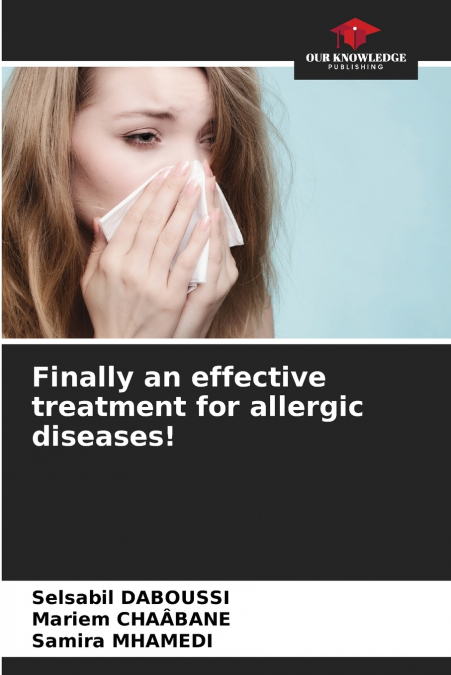
Mariem CHAÂBANE / Samira MHAMEDI / Selsabil DABOUSSI
Allergic diseases are ranked fourth in terms of frequency in the WHO (World Health Organization) classification of world diseases, and they can manifest themselves through multiple clinical presentations, including rhinitis. Sublingual allergen immunotherapy to grass pollen is mainly intended for patients with allergic rhinitis associated or not with mild or moderate asthma or allergic conjunctivitis, and who have not responded to symptomatic treatment.The aim of allergen immunotherapy is to administer regular and increasing doses of allergenic extracts, to modify the immune response and to generate a lasting tolerance of the specific antigen. The first stage is characterized by the desensitization of basophils and mast cells, thus decreasing the affinity to immunoglobulin E (IgE). This desensitization is followed by T cell tolerance. During ITA, there is a progressive decrease in IgE levels and an increase in antigen-specific immunoglobulin G4 (IgG4) blockers.